Summary
- What is a nightmare?
- When do nightmares appear?
- A necessity for the brain?
- How to get back to sleep after a nightmare?
1. What is a "nightmare"?
A nightmare is a dream that evokes strong negative emotions, most often fear or dread, but also despair, anxiety, or great sadness. This type of dream can lead to situations of danger, psychological or physical discomfort. Dreamers often wake up in distress and may have difficulty returning to sleep for some time.
2. When do nightmares appear?
Nightmares occur during REM sleep, the last stage of the sleep cycle. British researchers also found that nights of 9 hours or more increase the risk of nightmares, due to the increased duration of REM sleep.
3. A necessity for the brain?
Regardless of the scenario of your nightmare and the emotions it reveals, it allows you to simulate a threat to better cope with it. It's a "training" of our brain, to prepare it for situations such as attack, fear, or even loss. Nightmares help regulate the negative emotions we may face. As such, they are very useful for the proper functioning of our brain capacities on a daily basis. Those who forbid themselves from expressing their feelings during stressful events during the day may find their emotions transform into nightmares at night. Nightmares are a kind of stress relief valve in the face of an emotional overflow that is impossible to manage at the time.
4. How to get back to sleep after a nightmare?
Waking up after a nightmare is often a sudden experience, so falling back asleep quickly can be difficult. The body needs to calm down to promote sleep. The first step is to rationalize your nightmares and return to reality. Turning on the lights and drinking a glass of water can help you achieve this. Second, relaxation techniques, especially breathing, can help calm the mind and body. Sometimes it can take half an hour for the body to regain a regular pulse and your emotional state to return to normal, allowing you to fall asleep again.
To minimize the occurrence of these disruptive events, Bdreams recommends choosing a memory foam mattress. The memory foam in our Osmoz mattress provides a supportive fit tailored to each individual's body shape, helping to maintain your body contours to limit your movements while falling asleep and provide a deeper sleep.



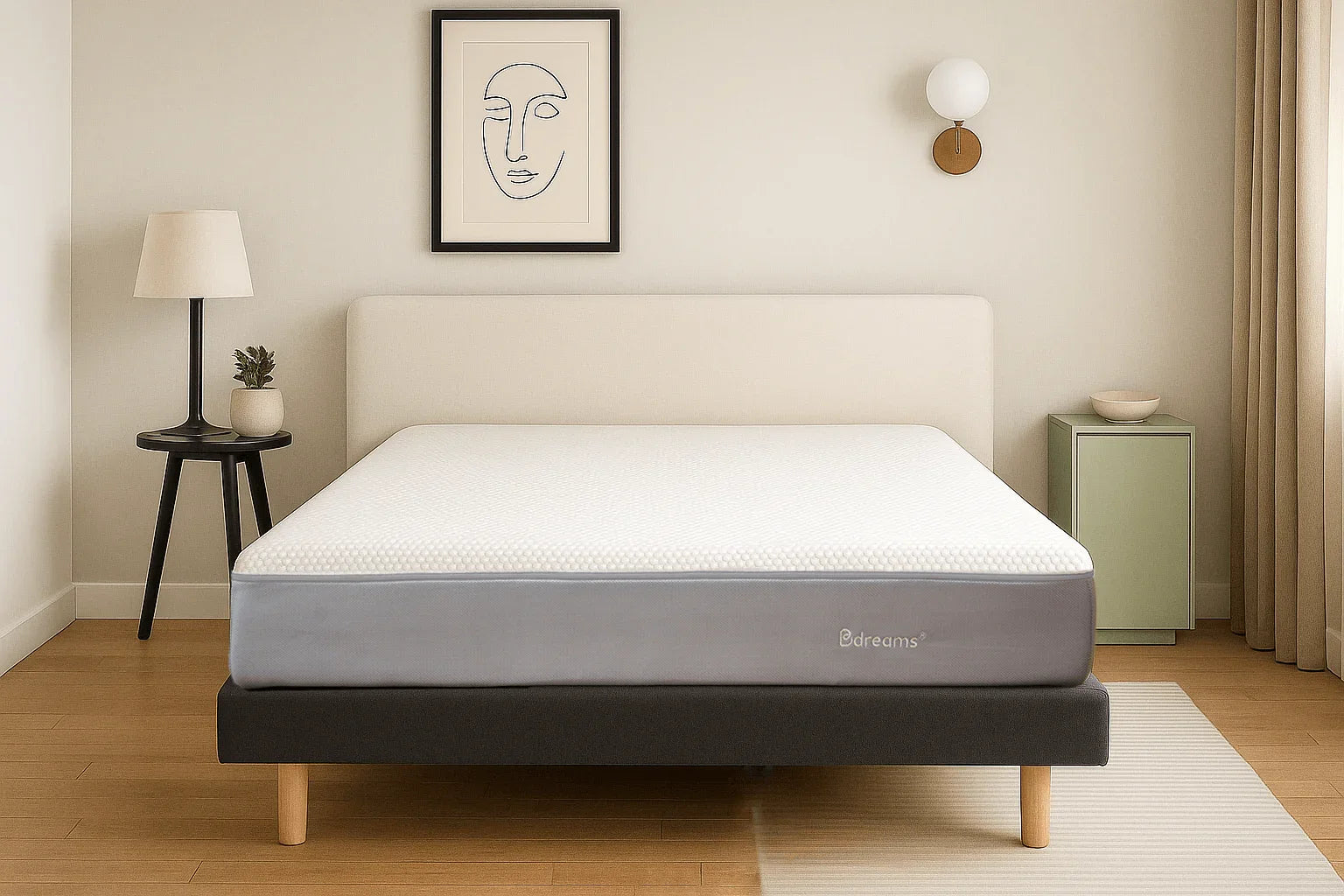

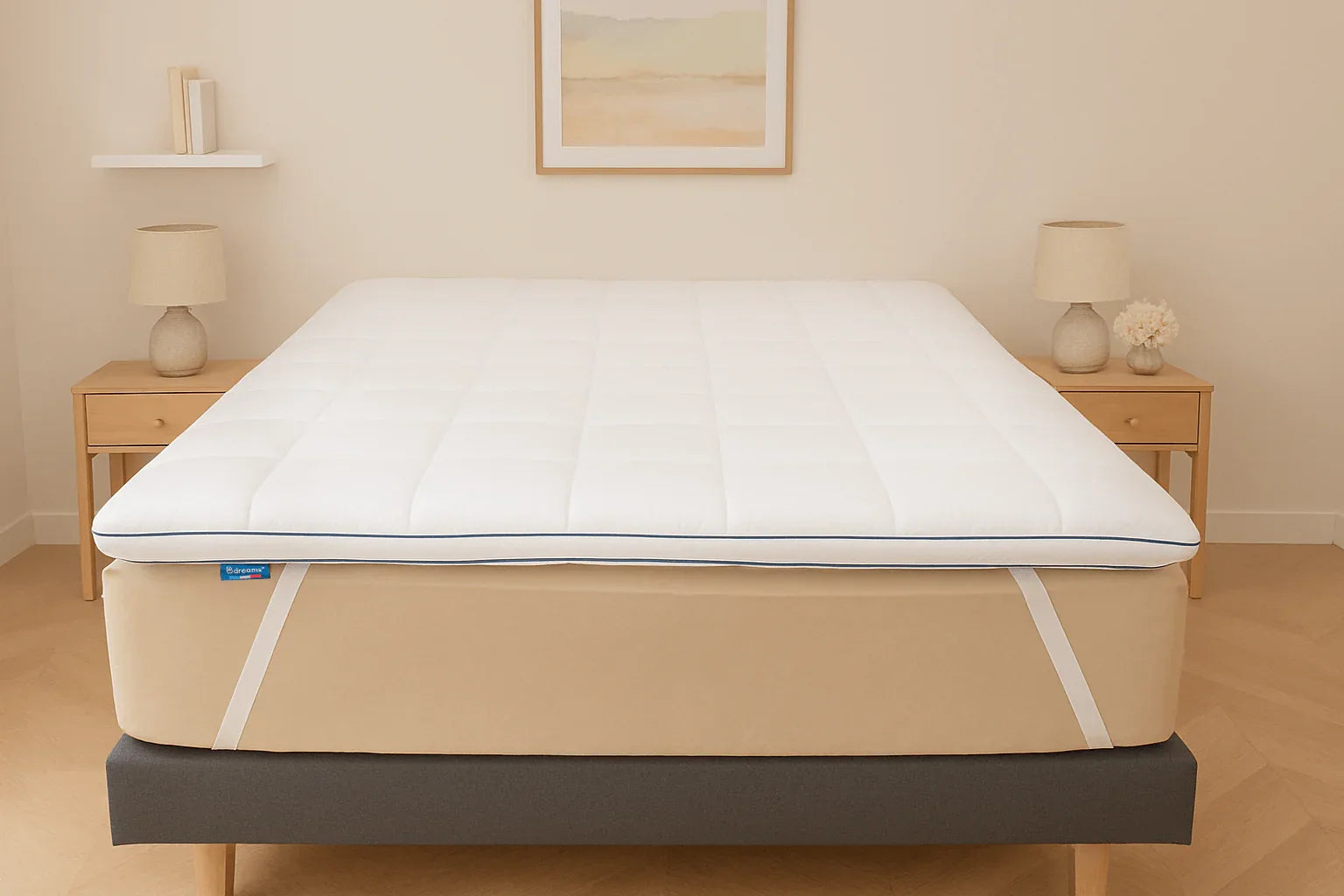
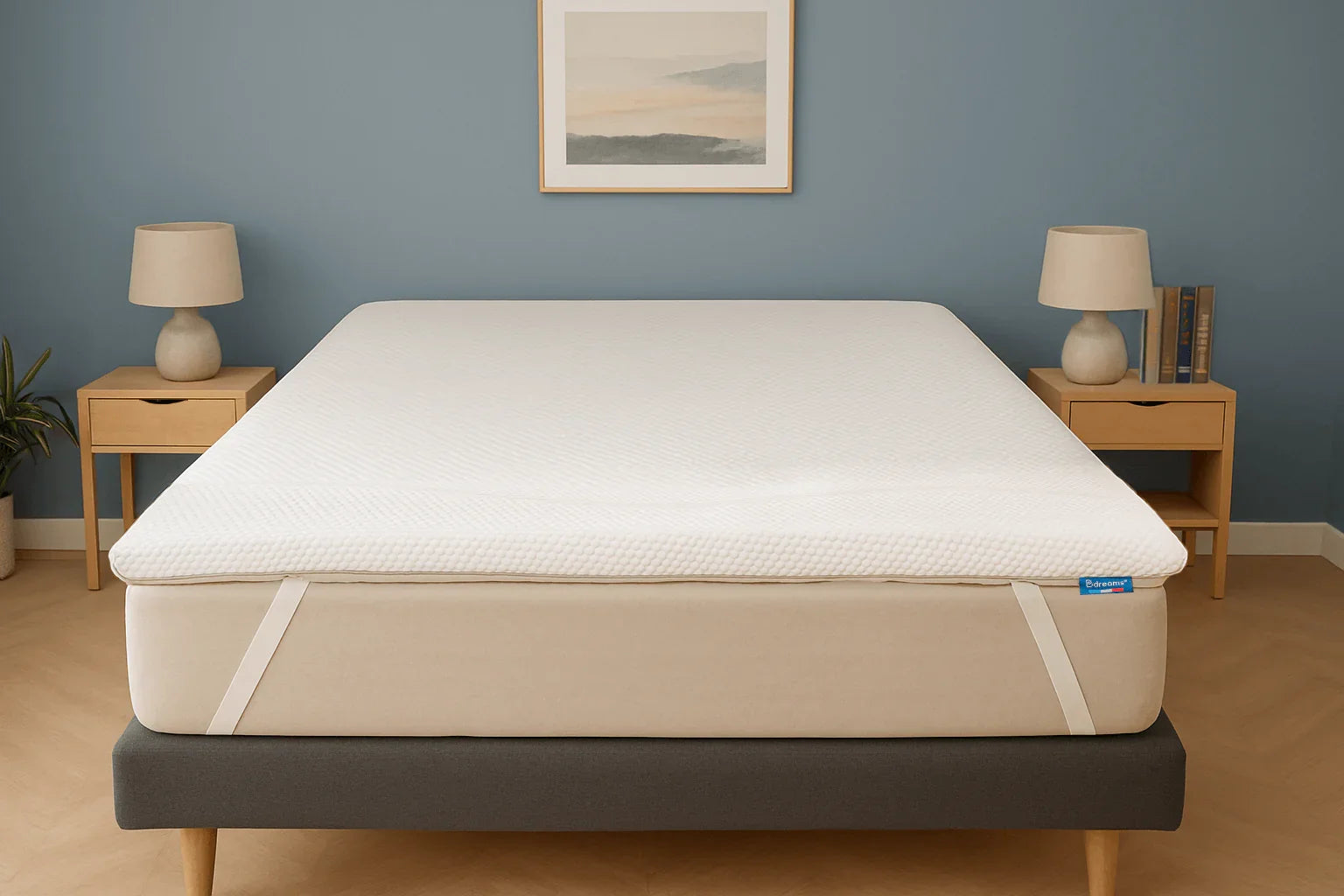
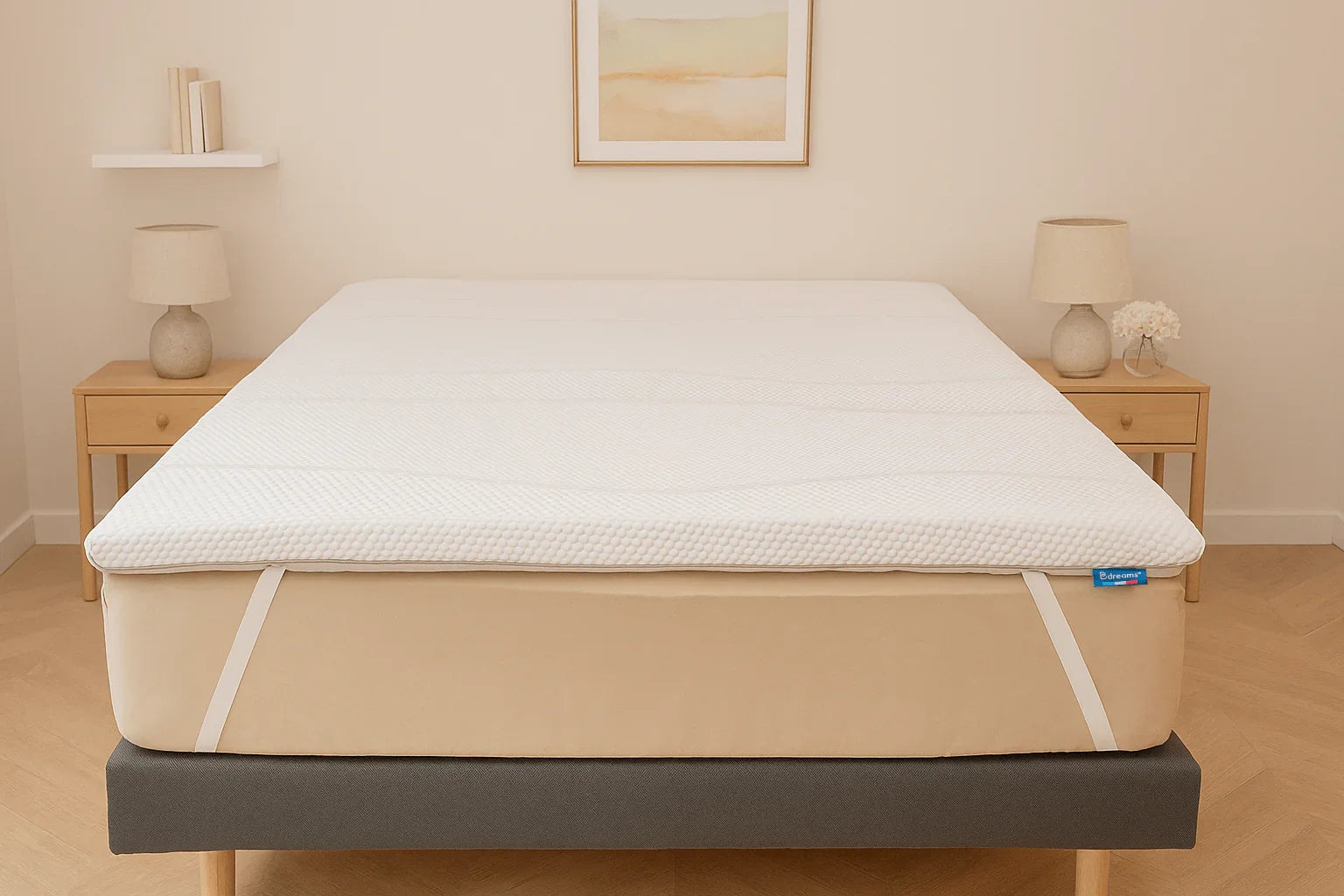
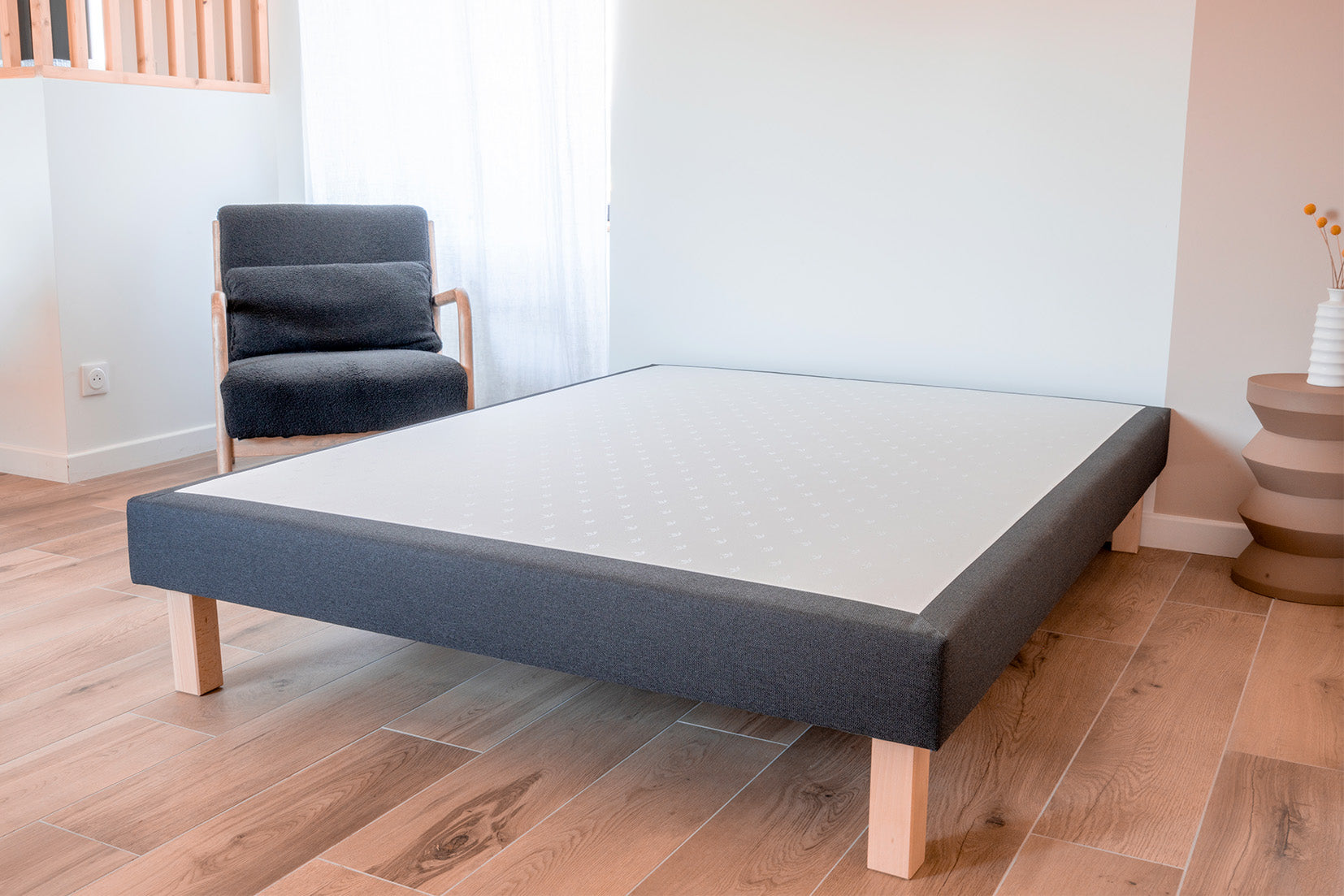
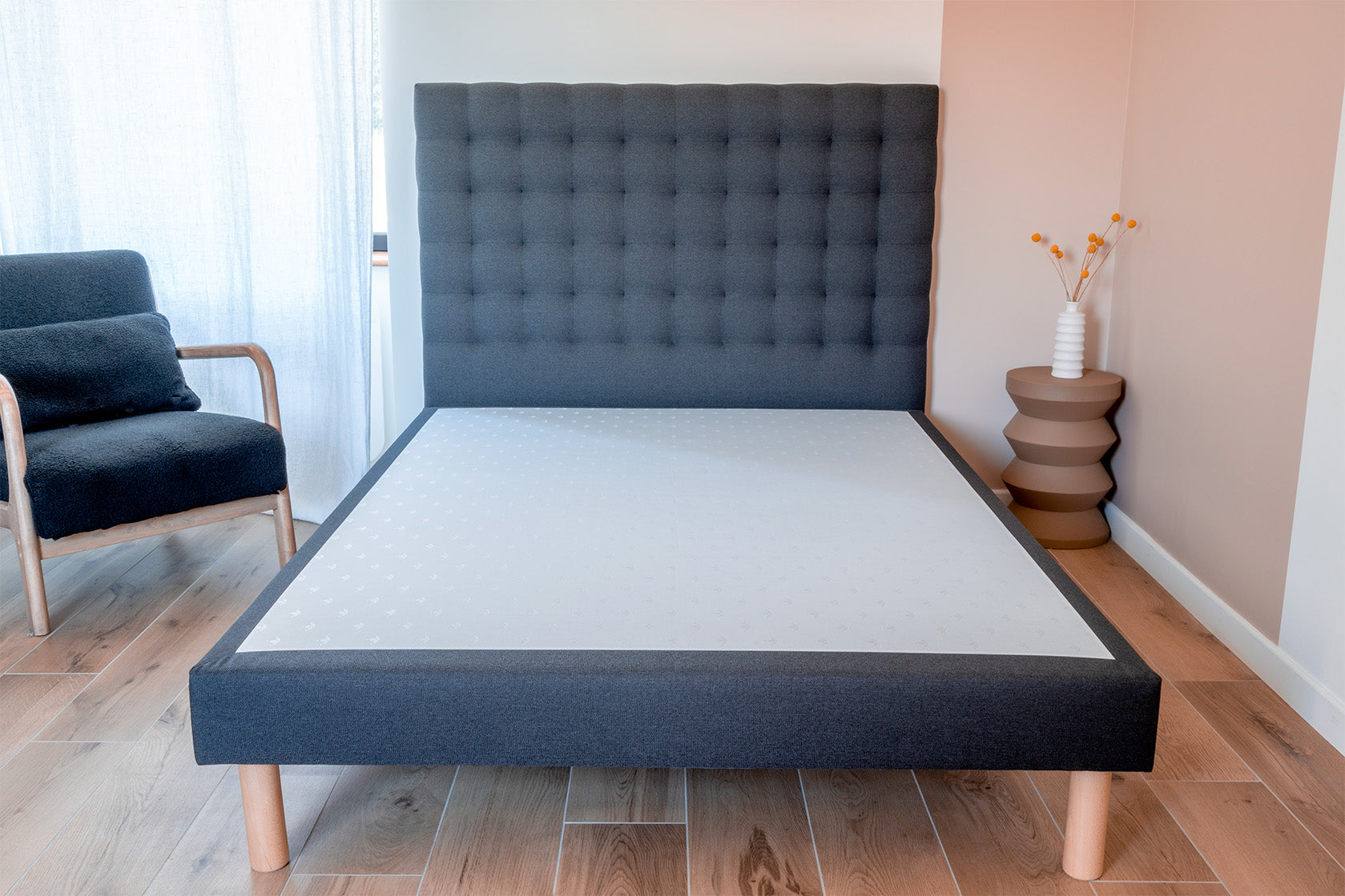






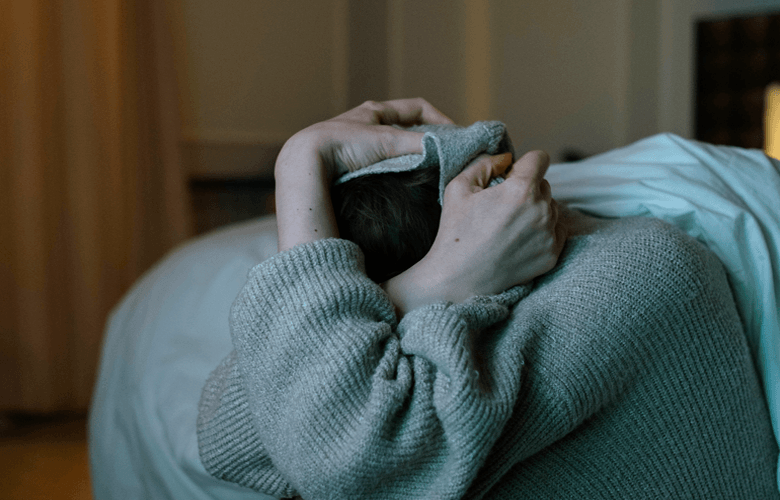
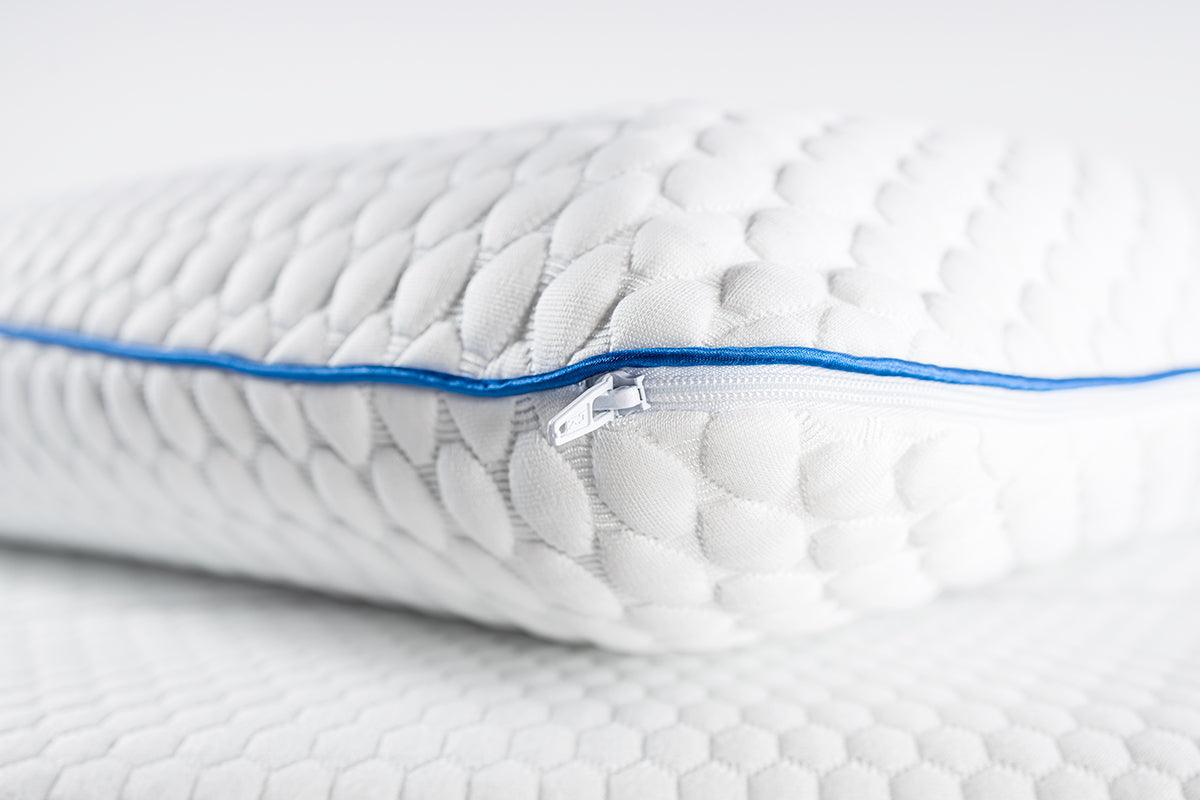

Leave a comment
This site is protected by hCaptcha and the hCaptcha Privacy Policy and Terms of Service apply.